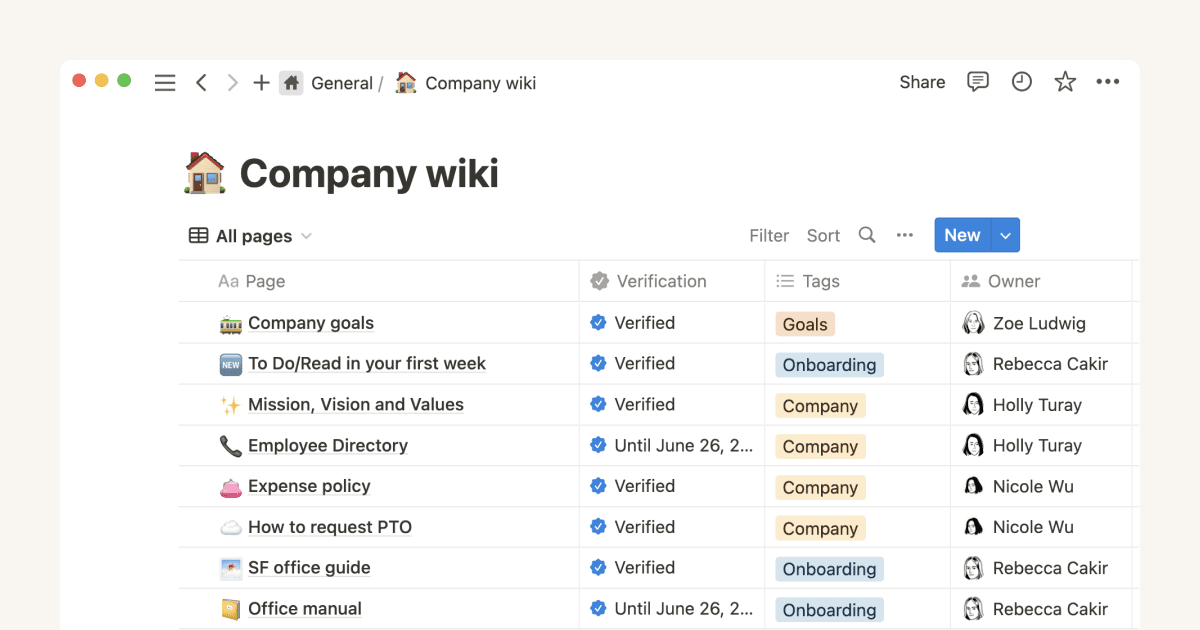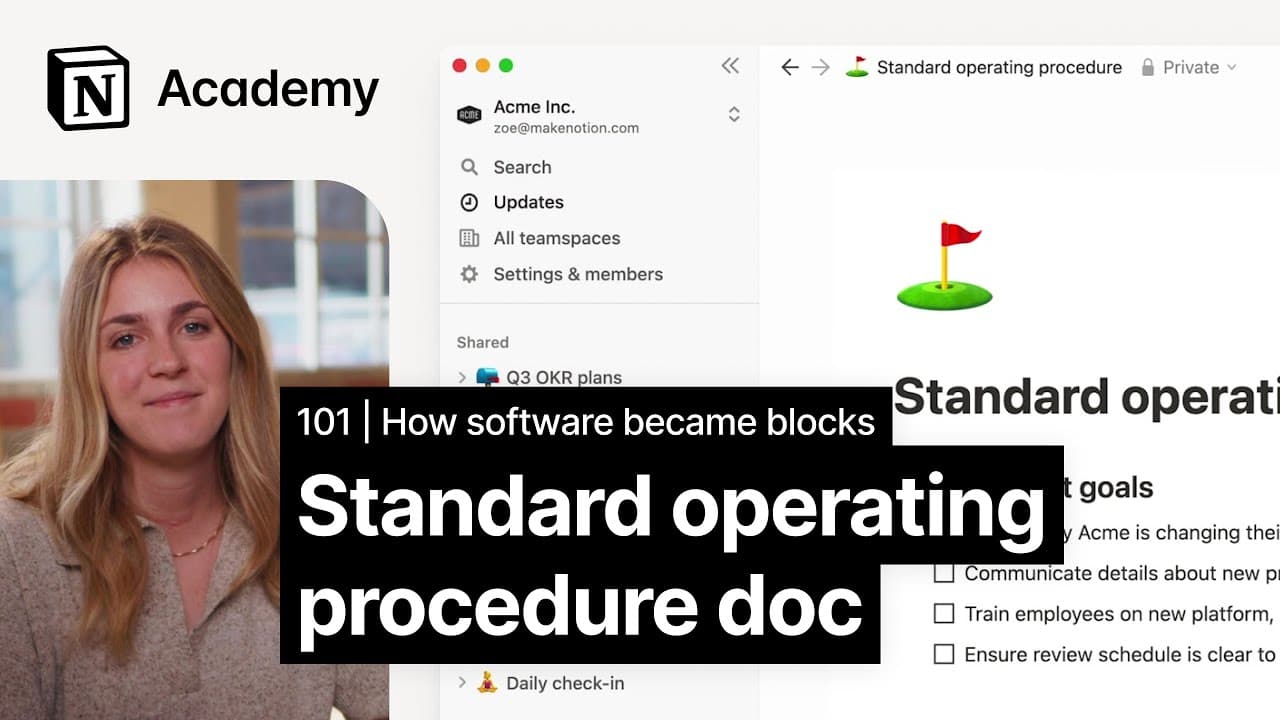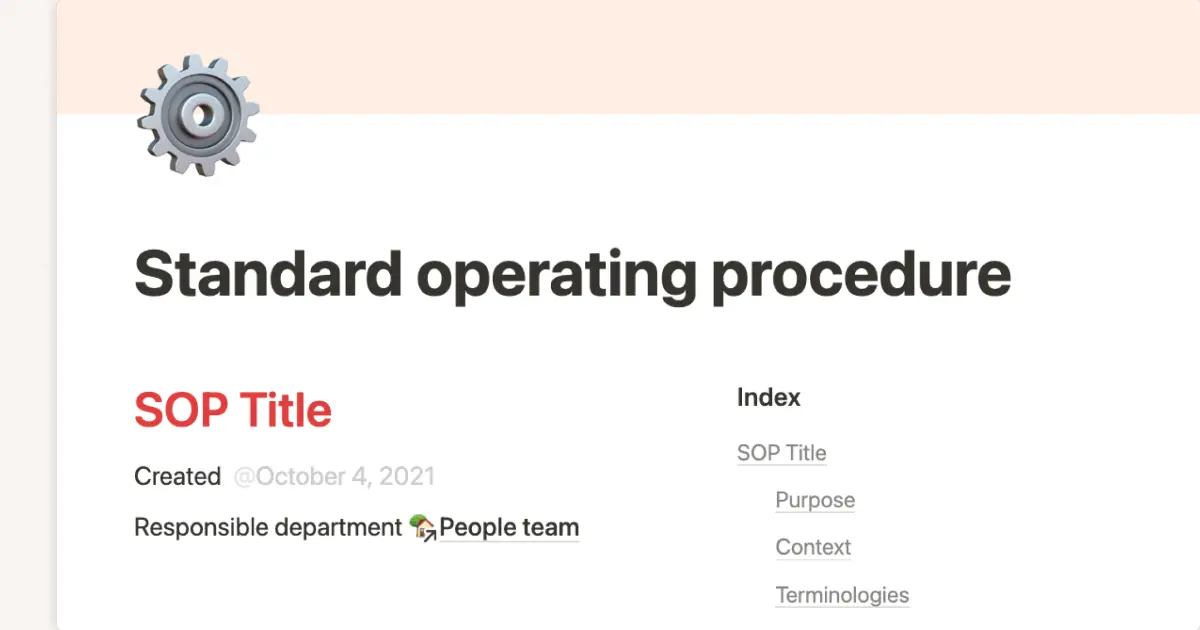Community Association Manager SOPs

À propos de ce modèle
This template contains Standard Operating Procedures (SOPs) for a Community Association Manager. It outlines the steps and guidelines for various responsibilities, including handling resident complaints and requests, managing vendors and maintenance, conducting community inspections, and handling HOA board meetings and reporting. The document also covers financial management, such as budgeting, assessments, and financial planning, as well as enforcing community rules and regulations.
Furthermore, the SOPs detail emergency response and disaster management procedures, emphasizing the importance of preparedness, communication, and coordination with emergency services and vendors. The document also provides guidance on managing insurance claims and conducting risk assessments to protect the community's financial health and ensure resident safety. These procedures aim to create a well-organized, transparent, and secure community environment.
The procedures also focus on managing resident communications and community engagement, utilizing various channels to ensure all residents are informed and involved. The SOPs provide guidelines for handling resident inquiries, organizing community meetings and events, and promoting transparency in HOA governance. By establishing clear communication channels and encouraging resident participation, the document aims to foster a strong sense of community.
Moreover, the document emphasizes the importance of financial management, including annual budgeting, managing assessments, and maintaining reserve funds. The SOPs outline steps for reviewing current financial status, identifying revenue sources, estimating expenses, and presenting the budget to the HOA board. The financial management procedures help ensure the long-term sustainability and financial health of the community.
Overall, this document serves as a comprehensive guide for Community Association Managers, providing detailed SOPs for various aspects of community management. It covers a wide range of responsibilities, from handling day-to-day tasks to managing emergencies and financial planning. By following these procedures, community managers can ensure efficient operations, regulatory compliance, and resident satisfaction.













